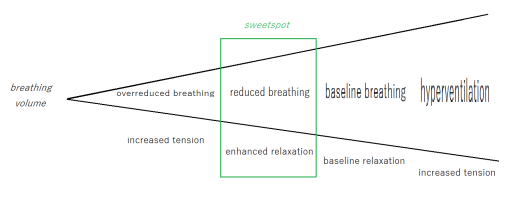iLoveSugar
Member
- Joined
- Sep 19, 2013
- Messages
- 1,205
For most my life (36 y/o male), I've had a small touch of asthma. I've never really used an inhaler. My stamina hasn't ever really been good as I would wind way quicker than others.
Over the past couple of years, I put on roughly 40-50 lbs, and my problems are at a whole new level. I can't ever take a deep breath as I always hit a brick wall. My lungs always feel compressed. I'm always short of breath. I breath heavy alot. Even with minimal movements like laying down, walking up stairs, etc., it just winds me. I'm definitely a mouth breather because my nose is always clogged. I wake up every morning also sort of gasping and short on air. I've been to pulmonary doctors and they just want to put me on multiple inhalers. I also struggled bad with a cpap at night.
Really looking for some helpful advice here.
Over the past couple of years, I put on roughly 40-50 lbs, and my problems are at a whole new level. I can't ever take a deep breath as I always hit a brick wall. My lungs always feel compressed. I'm always short of breath. I breath heavy alot. Even with minimal movements like laying down, walking up stairs, etc., it just winds me. I'm definitely a mouth breather because my nose is always clogged. I wake up every morning also sort of gasping and short on air. I've been to pulmonary doctors and they just want to put me on multiple inhalers. I also struggled bad with a cpap at night.
Really looking for some helpful advice here.

